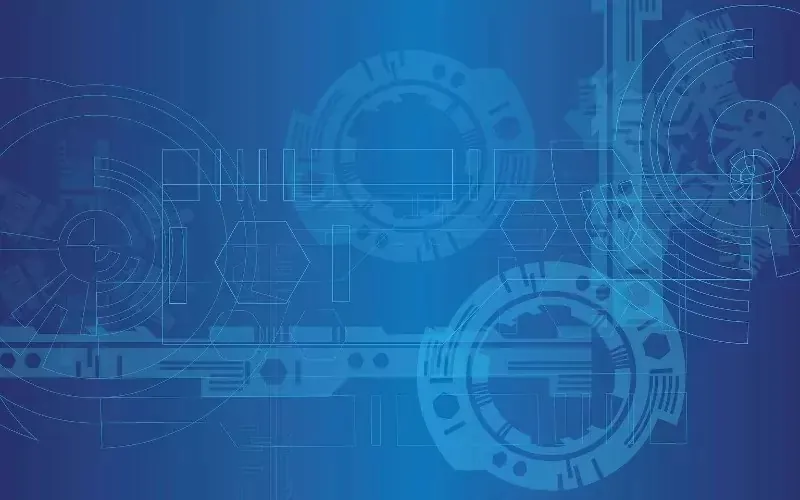A groundbreaking partnership is set to redefine how we approach water purification. As water scarcity becomes an urgent global issue, innovations in filtration technology could pave the way for sustainable solutions.
Through collaborative efforts and advanced research, new methods employing graphene technology promise to transform water treatment processes, offering affordable and efficient alternatives.
Innovative Collaboration with a Leading Research Centre
G2O Water Technologies, a trailblazer in clean drinking water solutions, has forged a promising partnership with a globally renowned research institution. The initiative is set to revolutionise the water industry by deploying cutting-edge graphene-based technology to address the global clean water crisis. This collaboration underscores the potential of interdisciplinary cooperation in pioneering sustainable and affordable water treatment methods.
The Manchester-based company is actively engaged with water@leeds, an arm of the University of Leeds, leveraging their expertise to enhance the company’s graphene oxide technology. This union is an essential component of two Innovate UK-backed initiatives, pivoting towards advancements in oil/water separation and domestic water filtration, with research expenditures nearing £2 million.
The Pioneering Role of Graphene Oxide Technology
Graphene oxide is at the heart of G2O’s groundbreaking work, serving as a transformative element in water filtration. This advanced material facilitates the creation of cost-effective, printed graphene filters, or serves as a coating for existing membranes. By reducing the energy required for filtration by up to 50%, this technology enhances the efficiency of water purification systems significantly.
Through this strategic development, more water can flow through filtration systems with reduced energy costs, thereby reducing reliance on complex and costly power generation systems. Consequently, it offers a substantial decrease in operational costs for clean water production.
G2O’s technological advancements promise a dual benefit: increased accessibility to clean water and substantial savings in energy and maintenance costs for water utilities worldwide.
Leadership and Vision
Tim Harper, the CEO and founder of G2O Water Technologies, asserts the uniqueness of the company’s efforts to transition graphene water filter technology from laboratory settings to industrial applications. By involving water industry specialists, G2O aims to tailor its technology to meet commercial demands, ensuring practical solutions for water purification challenges.
With a robust advisory board comprising seasoned professionals, G2O is at the forefront of utilising contemporary science to address industry needs efficiently. The collaboration endeavours to address pressing issues such as affordable water treatment and enhanced consumer access.
Professor Martin Tillotson of the University of Leeds highlights the centre’s commitment to making impactful societal changes through industrial collaboration. He affirms the aim of developing scalable and commercially viable water filtration solutions.
Exploring New Frontiers
The upcoming pilot water treatment facility signifies G2O’s commitment to real-world solutions. Scheduled to commence operations in early 2018, the pilot plant will test the viability and scalability of graphene-based water filters, highlighting their potential market application.
Simultaneously, G2O is exploring partnerships with prominent consumer goods manufacturers and energy firms, aiming to fast-track the development and distribution of its revolutionary filtration products.
Through strategic collaborations and cutting-edge innovation, G2O is set on a course to uphold its vision of providing an economically sustainable solution to the clean water crisis.
Addressing Critical Industry Challenges
G2O Water Technologies recognises the myriad challenges faced by the water industry, from molecular sieving to contamination management. Therefore, the partnership with the University of Leeds is crucial in navigating these complex issues through practical and innovative approaches.
The focus includes improving processes for the removal of salts, oil, dyes, and other chemical contaminants. These advancements will prove vital for industries like nuclear and chemical sectors, where precise filtration is indispensable.
Professor Tillotson mentions that the integration of graphene technology can expedite the evolution of water treatment processes, ensuring industries are equipped to handle future demands.
As G2O Water Technologies strides towards its ambitious goals, the partnership with water@leeds stands as a beacon of innovation and collaboration.
This venture could be instrumental in overcoming the global clean water challenge, embodying a future where clean water is accessible to all.

